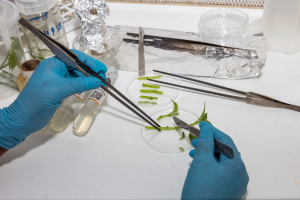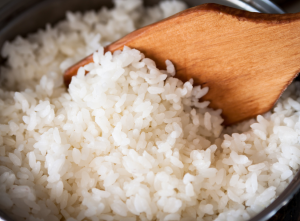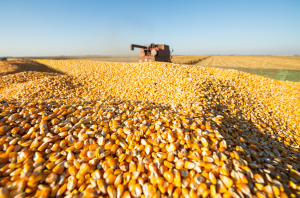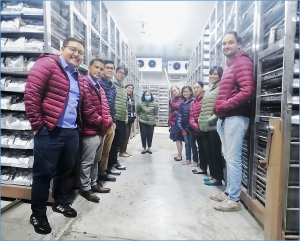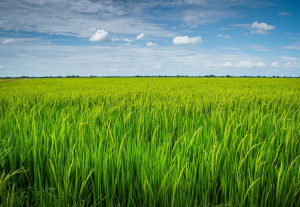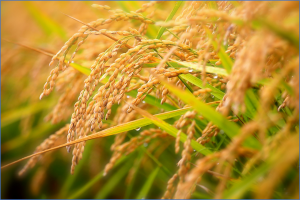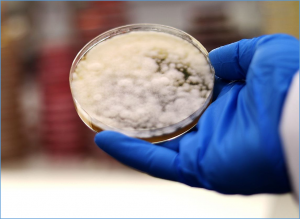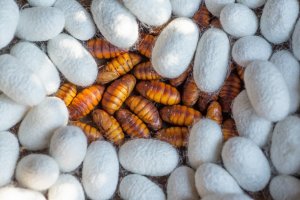TQM, short for Total Quality Management, is a comprehensive management strategy aimed at continually enhancing the quality of products and services. It involves all organizational employees and emphasizes meeting customer needs and surpassing their expectations through the integration of quality across all processes and functions. TQM underscores the significance of leadership, customer satisfaction, employee participation, process improvement, and data-driven decision-making as indispensable elements for attaining organizational excellence, all of which are being seamlessly integrated within Breeding Research and Services.
Gene editing tools, such as CRISPR-Cas9, allow scientists to make precise changes in plant genes, leading to various improvements such as biofortification and resiliency. These tools provide promise to different areas of research, especially in agriculture and food. Researchers from Vietnam National University and partners from Japan assessed the consumer acceptance of consumer-targeted gene-edited products, particularly gene-edited rice with improved quality.
Origin Agritech Ltd. announced a breakthrough in corn production. Using precise gene editing techniques, Origin Agritech has developed a high-yielding corn inbred line that significantly surpasses the productivity of traditional corn by over 50 percent. For more than two years of rigorous multilocational field trials, the gene-edited corn showed a yield increase of over 50 percent compared to the original line
On December 5-7th, 2023, Svetlana Negroustoueva, evaluation function lead at the CGIAR Independent Advisory and Evaluation Services (IAES), visited Manila with the dual purpose of engaging with the Monitoring, Evaluation, Learning, and Impact Assessment (MELIA) Team of the International Rice Research Institute (IRRI) and attending the 4th evaluation conference of the Asia Pacific Evaluation Association (APEA).
American researchers produced a predictive model to identify the effects of climate change on rice yields. The strategies from their research may be applied to other crop species. The United States of America is one of the top rice exporters in the world. However, their production is affected by genetics and climate change.
A study published in the Plant Biotechnology Journal shows that manipulating the expression of jasmonate (JA) pathway genes in rice can modulate diurnal flower-opening time (DFOT) to improve the yield of F1 hybrid seed production (FHSP) and reduce seed production costs. Hybrid rice breeding has significantly boosted rice yields, especially in inter-subspecific indica–japonica hybrids, which can increase yields by up to 30%.
Researchers developed a gene editing toolkit for a fungus used in making fermented foods. Their research may help broaden the variety of healthy products in the market. Aspergillus oryzae or koji mold is an edible fungus that is utilized in protein production, fermented foods, and meat alternatives. Its genetic modification, along with other filamentous fungi, demonstrates great potential in improving fungal foods' scalability, sensory appeal, and nutritional value. However, there are limited genetic tools and applications in this area of research.
Experts have been trying to modify silkworm genes to create silk with new properties, like spider silk's strength. This goal is faced with numerous challenges, but researchers from Jiangsu University of Science and Technology in China and partners explored using various techniques for genetically engineering silkworms, such as TALENs and transposon-mediated transformation. These methods involve adding genes for specific silk proteins: a spider silk protein and a bagworm silk protein.
Cadmium is a heavy metal that can build up in plants and cause harm to people who consume them. Using the CRISPR gene editing tool, the researchers turned off OsHMA3, and this led to rice plants with more sensitivity to cadmium. While less cadmium was detected in the root, more cadmium accumulated in the grains. Furthermore, turning off the gene also led to disrupted plant growth, as the plants were observed to exhibit shorter plant height and lower seed setting rate compared to wild-type plants.
Using a combination of protein engineering and computational design, researchers from NYU Tandon School of Engineering present a new method in addition to an array of treatment modalities against COVID-19. Their research is published in the Biochemical Engineering Journal. The study, led by Dr. Jin Kim Montclare, aimed to develop an engineered protein that can attach to the spike proteins on the surface of the coronavirus and small molecules, such as the antiviral drug Ritonavir.


 Curently online :
Curently online :
 Total visitors :
Total visitors :
